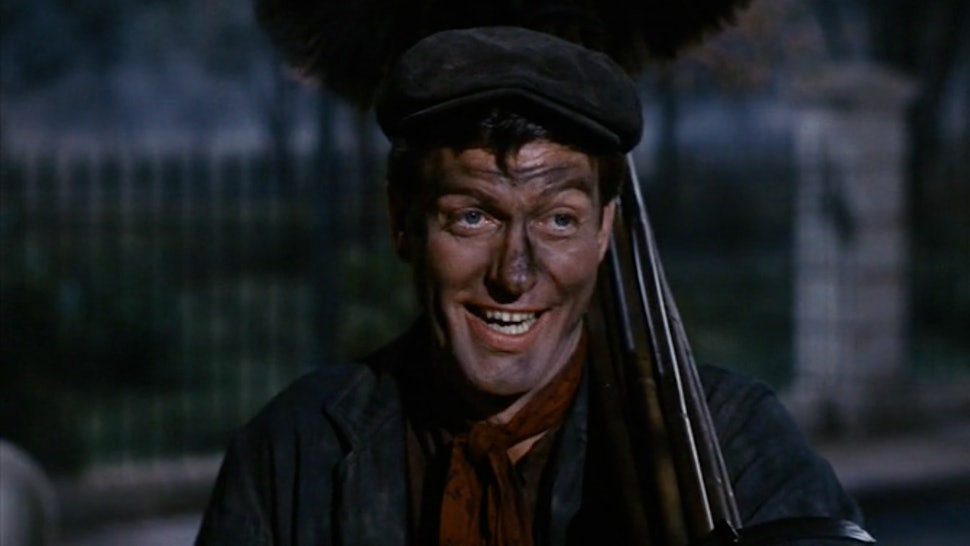
Yesterday in this place, I discussed how Lawrence VanDyke made a splash while studying law at Harvard. To catch up: he posted a book note in the law review there making clearly out-of-his-depth arguments about evolution, natural selection, and the establishment clause of the first amendment.
Let me note parenthetically that I haven't been mistyping his name. In contrast to one-time chimney sweep Dick Van Dyke, Lawrence spells his surname without a break. The only interesting thing about the typographical oddity is that it gives me a chance to use the illustration I have chosen.
Anyway: about Lawrence... he graduated magna cum laude from Harvard and entered the practice of law with the New York firm of Gibson, Dunn & Crutcher. Starting in 2012, though, he began working for the office of solicitor general. In three different states. This as a career path is a new one on me He worked as Assistant Solicitor General of Texas (2012), then Solicitor General of Montana (2013-14), then of Nevada, from 2015 until earlier this year.
Now, the Trump administration has nominated him for a post on the 9th Circuit Court of Appeals.
Although I'm sure he participated in a lot of controversial litigation in the postings I just listed, it has been the old book note that has excited opposition to his confirmation.
I will only echo Brian Leiter: "an intellectually disgraceful book review fifteen years ago shouldn't be disqualifying, but surely Senators will want to find out of Mr VanDyke is still a shill for creationism and how that might affect his rulings."
https://leiterlawschool.typepad.com/leiter/2019/09/trump-nominee-to-the-9th-circuit-has-a-record-as-an-apologist-for-creationism.html
Perhaps an intellectually disgraceful book review 15 years ago shouldn't be disqualifying, but it should create a strong presumption against fitness, to be overcome only by consistently sterling work over the past 15 years. "Intellectually disgraceful," after all, is pretty bad. On our worst days, most of us publish just inferior work, not intellectually disgraceful work.
ReplyDelete